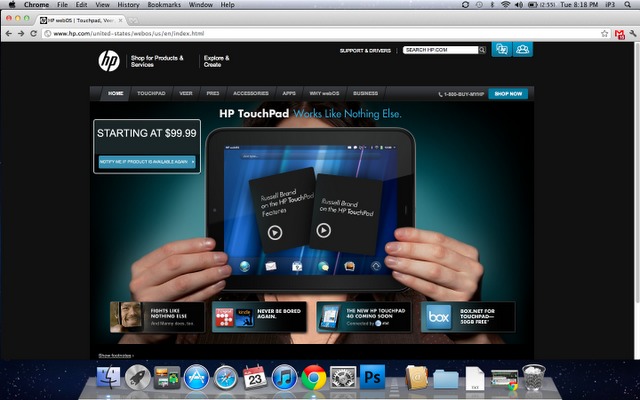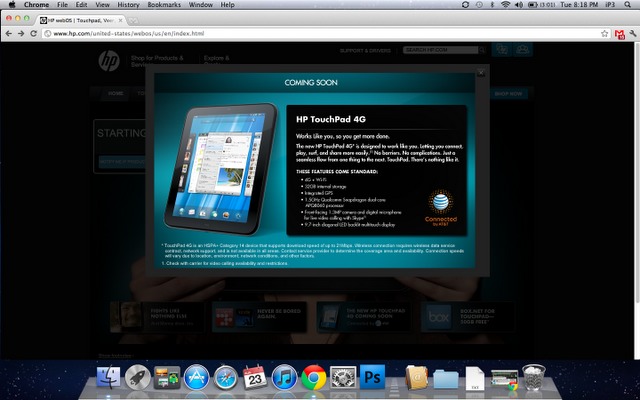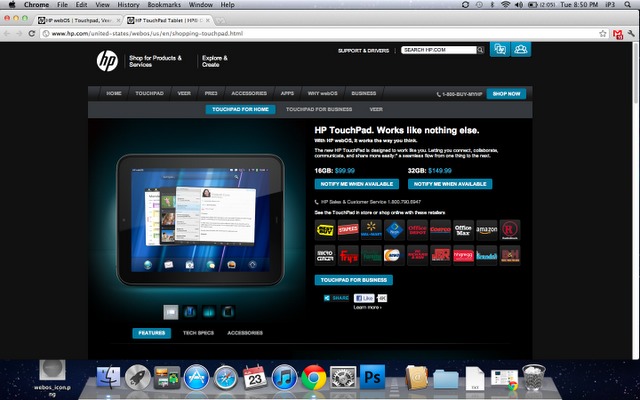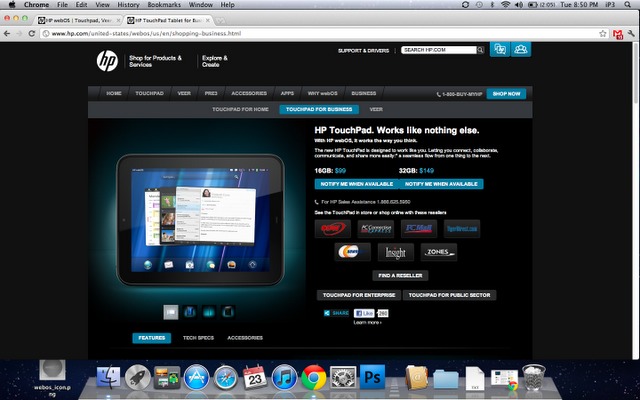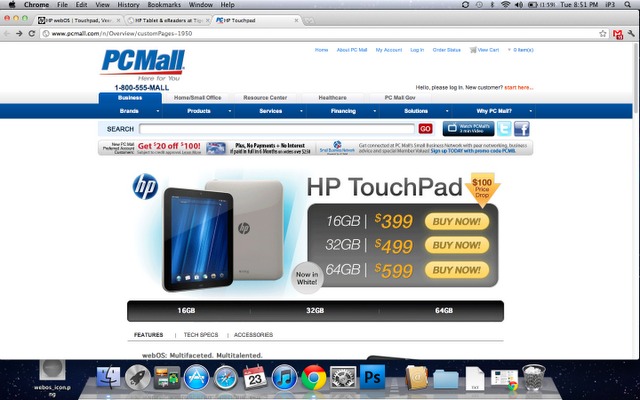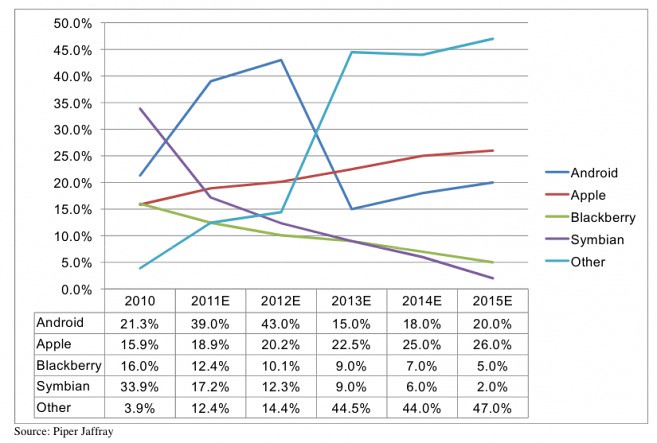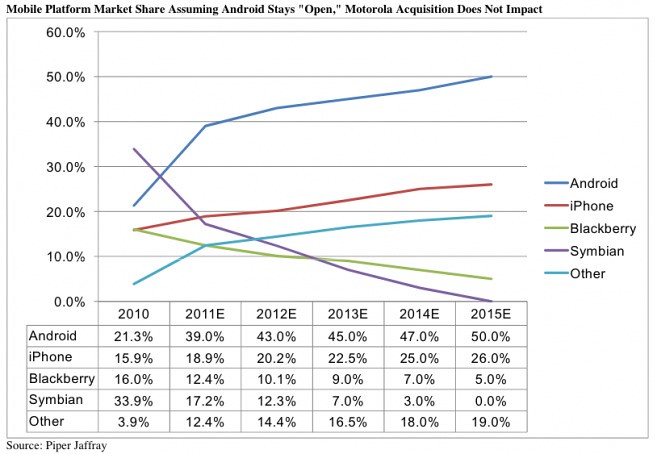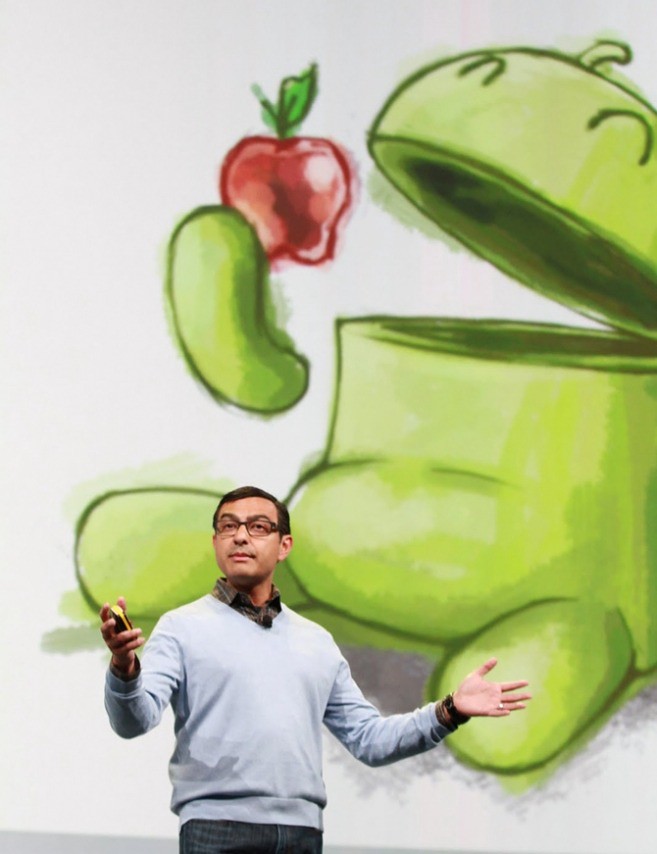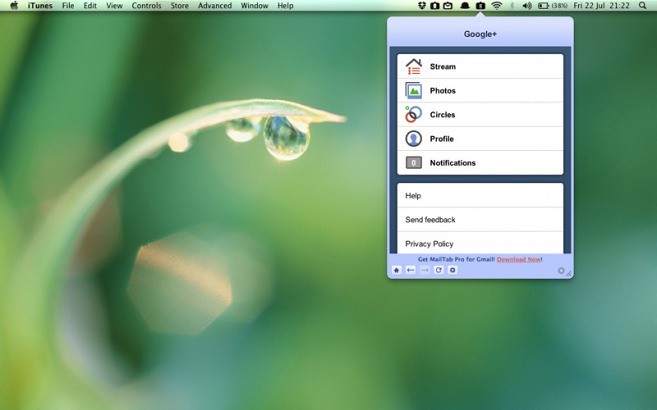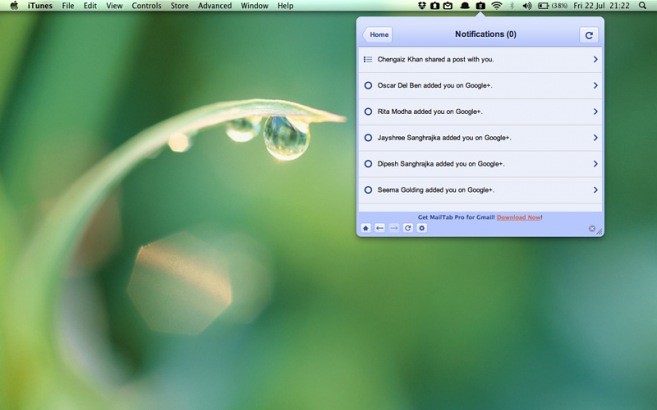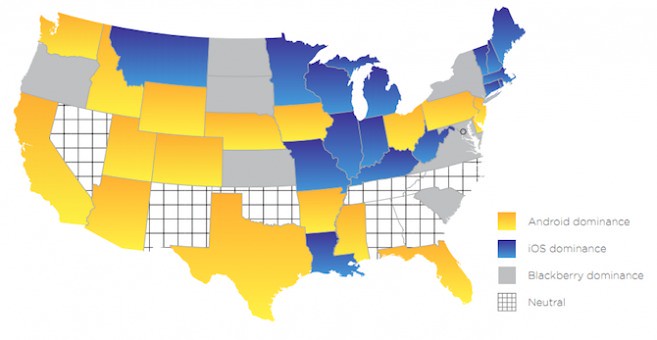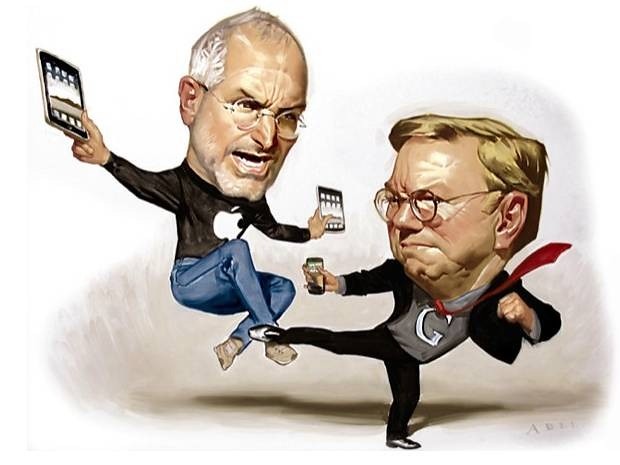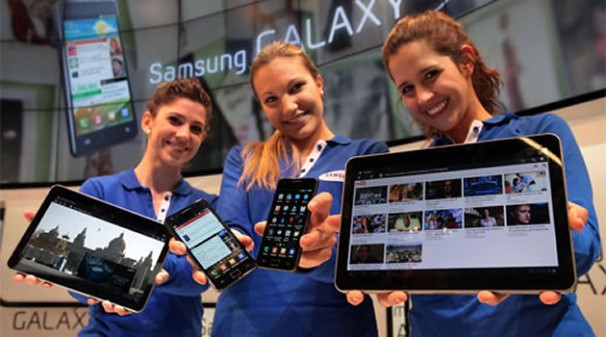
This is of course a sad day and one that we’ve had in the back of our minds for years now. After founding Apple 35 years ago in his garage in Silicon Valley, and subsequently getting pushed out less than a decade later, Jobs was brought back in in 1997 when Apple was on the bring of collapse. In the 14 years since his return, Apple has turned into the most valuable company in the world by market cap. To say he’s leaving the CEO position on top wold be an understatement.
Since his third medical leave was taken in January it has seemed Jobs has been moving into a Chairman-type roll, still leading the Keynotes but giving everyone else a bigger role. As Chairman, Jobs will “continue to serve Apple with his unique insights, creativity and inspiration,” said Apple Board member Art Levinson. Tim Cook will take over as CEO as per the Apple succession plan. Jeff Williams will likely take over as COO.
In the past months, Jobs has revealed a revolutionary new headquarters for the Apple of the future. The authorized biography Steve Jobs by Walter Isaacson (pictured above) is due out in November.
The Resignation letter:
To the Apple Board of Directors and the Apple Community:
I have always said if there ever came a day when I could no longer meet my duties and expectations as Apple”s CEO, I would be the first to let you know. Unfortunately, that day has come.
I hereby resign as CEO of Apple. I would like to serve, if the Board sees fit, as Chairman of the Board, director and Apple employee.
As far as my successor goes, I strongly recommend that we execute our succession plan and name Tim Cook as CEO of Apple.
I believe Apple”s brightest and most innovative days are ahead of it. And I look forward to watching and contributing to its success in a new role.
I have made some of the best friends of my life at Apple, and I thank you all for the many years of being able to work alongside you.
Steve
From the newswires….
CUPERTINO, Calif.–(BUSINESS WIRE)– Apple’s Board of Directors today announced that Steve Jobs has resigned as Chief Executive Officer, and the Board has named Tim Cook, previously Apple’s Chief Operating Officer, as the company’s new CEO. Jobs has been elected Chairman of the Board and Cook will join the Board, effective immediately.
“Steve’s extraordinary vision and leadership saved Apple and guided it to its position as the world’s most innovative and valuable technology company,” said Art Levinson, Chairman of Genentech, on behalf of Apple’s Board. “Steve has made countless contributions to Apple’s success, and he has attracted and inspired Apple’s immensely creative employees and world class executive team. In his new role as Chairman of the Board, Steve will continue to serve Apple with his unique insights, creativity and inspiration.”
“The Board has complete confidence that Tim is the right person to be our next CEO,” added Levinson. “Tim’s 13 years of service to Apple have been marked by outstanding performance, and he has demonstrated remarkable talent and sound judgment in everything he does.”
Jobs submitted his resignation to the Board today and strongly recommended that the Board implement its succession plan and name Tim Cook as CEO.
As COO, Cook was previously responsible for all of the company’s worldwide sales and operations, including end-to-end management of Apple’s supply chain, sales activities, and service and support in all markets and countries. He also headed Apple’s Macintosh division and played a key role in the continued development of strategic reseller and supplier relationships, ensuring flexibility in response to an increasingly demanding marketplace.
Apple designs Macs, the best personal computers in the world, along with OS X, iLife, iWork and professional software. Apple leads the digital music revolution with its iPods and iTunes online store. Apple has reinvented the mobile phone with its revolutionary iPhone and App Store, and has recently introduced iPad 2 which is defining the future of mobile media and computing devices.

*thanks 9to5mac*
We hope a long and healthy life for Steve Jobs and his family. We hope that the company will do great thing in the future, and Steve Jobs continues to contribute to the company.
Send us a story or tip @ TipsForLimerain.com@gmail.com and follow our pages for the latest limera1n, rubyra1n, and all tech stories, follow us on Twitter at @iphonepixelpost or @limerain_com
And like our Facebook page www.iPodSets.com
- Posted using my iPhone 4

